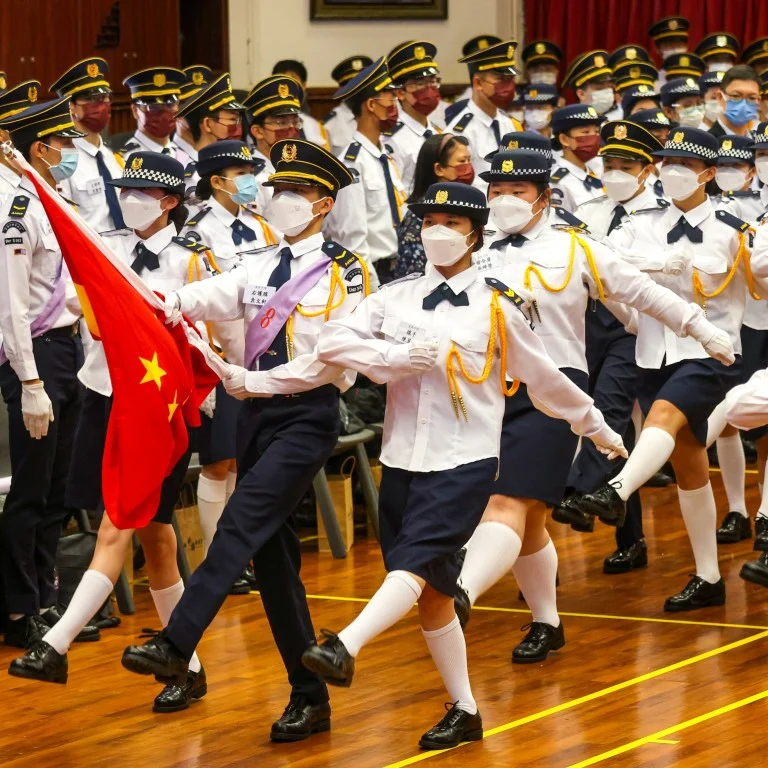The Academic Staff Union of Polytechnics(ASUP) has faulted the recently released scheme of service for Higher National Diploma (HND) holders in the government service, saying the new document further undermines polytechnic education and promotes the age-long disparity between its products and university graduates in the country.
Recall that the Federal Government, through the National Board for Technical Education (NBTE) recently issued a white paper, titled: “Scheme of service for polytechnics” signed by Head of Civil Service of the Federation, Dr Folasade Yemi-Esan, a copy of which was sent to ASUP through NBTE.
ASUP, however, rejected the document and called on the government to halt its implementation, saying there are many discrepancies and contentious issues the union, as one of the major stakeholders in the polytechnic education, is not happy with.
Condemning the development, national president of the union, Shammah Kpanja, emphasised that the new document grossly undermines the polytechnic education sub-sector, promotes discrimination against HND holders, and negatively distorts the established career structures and progression in the sub-sector.
Kpanja lamented that after a tortuous seven-year review journey following agitations by the union, polytechnics are left with a burden of contradictions that amplifies the identity crises rocking the sub-sector over the years.
“This is a clear display of poor knowledge of the office of the Head of Civil Service of the Federation as regards the core demands of a functional tertiary education structure with the desired condiments for the promotion of technical and technological education in the country. And we are equally disappointed with NBTE on this matter,” Kpanja stated.
Rather than carefully studying the document, Kpanja accused the agency of choosing the path of a lone-ranging celebration, that will birth confusion, deepen dichotomy, accelerate brain drain, further reduce students’ enrollment and detach polytechnics from the global community of tertiary schools.
Besides, he described the action as an attempt to trivialise the union’s past struggles to make career definition and progression structures in the polytechnics meet up with global standards.
“We equally see it as a subtle attempt to inject acrimony within the ranks of the staff trade unions in the sub-sector. So, to us, this is an unfortunate development and we strongly advise NBTE as our regulatory body to exercise restraint in the implementation of the various contentious provisions in the document until such are aligned with prevailing laws and standards in the tertiary education system.













